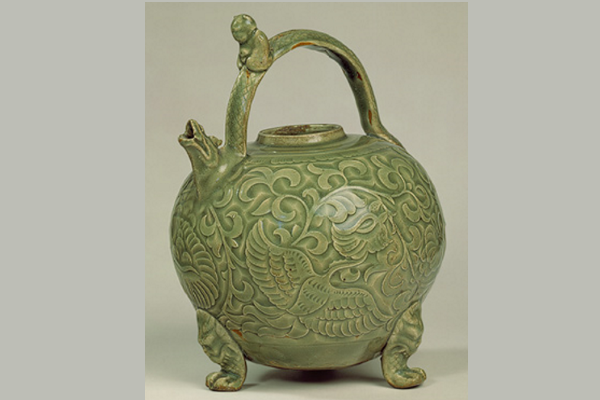
Fifty years of strife followed the Tang Dynasty until the Song re-established unity. China enjoyed peace for three centuries leading to intellectual, artistic and technical innovation. While Europe endured the dark ages, China was the leading society in the world. Nothing Marco Polo saw in his travels compared with the agricultural productivity, industrial technology, urbanization and standard of living in China at that time. Painting, literature and philosophy flourished and fine artifacts were produced. Expansion of the civil service examination system led to a large class of scholarly elite and printing allowed families to read and collect books. Literacy, increased prosperity and changes in the legal system opened new possibilities for women while at the same time, foot binding and Neo-Confucianism limited their lives. Song emperors were successful diplomats but in 1127 they were forced south to Hangzhou where they ruled for another one and a half centuries before being defeated by the Mongols.
Presentation topics might include Northern Rivals – Liao, Jin, Xi Xia and the Mongol Empire, Emperor Taizu, Marco Polo and other foreign visitors, science and technical innovations, the architecture of pagodas, the Beijing Qingming Schroll, Ju ware ceramics, Tiger Cave Kiln and Guan ware, women’s lives, apparel, or the outlaw – Song Jiang.